OpenAI's ChatGPT allows many people to experience the revolutionary changes that AI is bringing to our lives. This emerging technology is predicted to continue to grow and have a major impact on all industries, bringing many changes to our lives.
Speaking at the forum on "Strategies for Survival and Growth in the AI Era" in South Korea, Mr. Matt McDevitt shared that generative AI has an economic potential of up to 4.4 trillion USD, not including things that cannot be predicted and are not yet seen. The technology will boost businesses in many fields, from advanced technology to manufacturing, energy, education and retail.

The forum, organized by the Korea Times in collaboration with McKinsey & Company, focused on explaining why AI is becoming more important, how to take advantage of the technology, and what needs to be done to improve Korea's AI capabilities.
At the forum, prominent figures in the AI field and policymakers discussed the impact of AI on industry and how the technology can be used positively without being abused.
In his speech, the McKinsey partner said that there have been significant changes in the perception of generative AI in the past few months since OpenAI released version 3.5 of ChatGPT last November.
Before version 3.5 was released, there were many questions about what generative AI was and whether it was practical. However, now it is time to discuss how this technology is applied and used in different industries, such as where and how we should start with generative AI.
“Just a few months ago, people were asking, what is generative AI? Is it all hype? Or is it all real? As you can see, it can be used to write speech for people and it basically feels like a human,” he said.
He also mentioned the efforts of global companies to develop and use generative AI in their own ways. “For example, Morgan Stanley is using AI to support their asset managers globally in doing their work,” the expert shared.
In the life sciences space, Insilico Medicine has developed a generative AI model to predict clinical trial success rates with more than 80% accuracy, while AstraZeneca accelerates drug discovery by training AI models on biochemistry and digital pathology imaging to help create new molecules.
In the computer software field, Adobe has developed a set of generative AI tools to power its photo and video editing platform. Naver also launched HyperCLOVA X using Korea's large language model (LLM) and Cue: - its generative AI-based search engine.
“We have seen examples of this in Korea. HyperCLOVA X's focus on the Korean language makes the Korean LLM model more effective,” McDevitt commented.
Organizations need to understand their position to use AI effectively
He defines the value of AI in terms of four Cs – concision, summarizing and extracting insights; coding, interpreting and generating code; creative content, generating text, images and more; customer engagement, customer care through chat and expanding the use of chatbots in customer outreach and data collection.
Offering advice to organizations looking to use and invest in generative AI, McDevitt suggests they should start by identifying whether they are a taker, shaper, or maker.
A taker, he says, is a company that simply applies existing generative AI to its workflow without any customization. Shaper uses its proprietary data and insights to tailor generative AI to its organizational and business needs. Meanwhile, a maker develops an entirely new model tailored to its specific needs. Google, Amazon, and Uber are typical makers that are investing in LLM and generative AI.
Most of the organizations they work with will not be makers, McDevit says. They are at least takers and are considering how to become shapers. What’s more, what organizations should consider is not what kind of generative AI, but data architecture to improve their fundamental competitiveness.
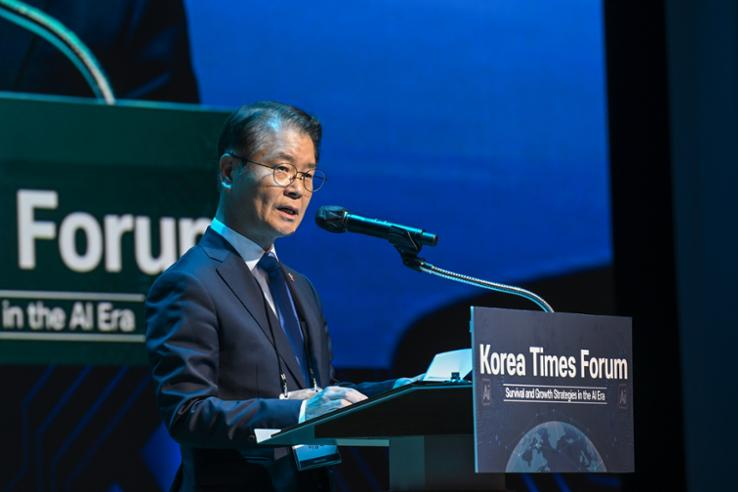
Source





![[Photo] National Assembly Chairman Tran Thanh Man receives United Nations Secretary-General Antonio Guterres](https://vphoto.vietnam.vn/thumb/1200x675/vietnam/resource/IMAGE/2025/10/25/1761390815792_ctqh-jpg.webp)
![[Photo] Prime Minister Pham Minh Chinh and United Nations Secretary-General Antonio Guterres attend the Press Conference of the Hanoi Convention Signing Ceremony](https://vphoto.vietnam.vn/thumb/1200x675/vietnam/resource/IMAGE/2025/10/25/1761391413866_conguoctt-jpg.webp)
![[Photo] Prime Minister Pham Minh Chinh receives United Nations Secretary-General Antonio Guterres](https://vphoto.vietnam.vn/thumb/1200x675/vietnam/resource/IMAGE/2025/10/25/1761390212729_dsc-1484-jpg.webp)
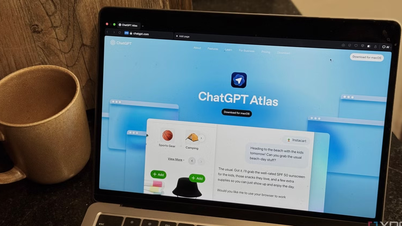






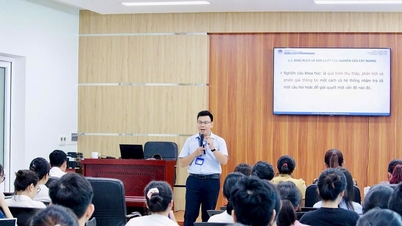



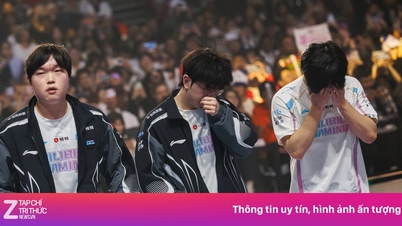

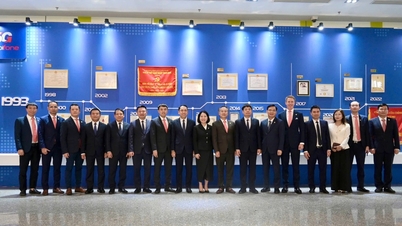


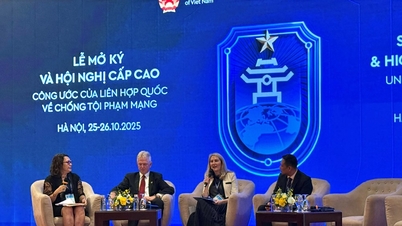

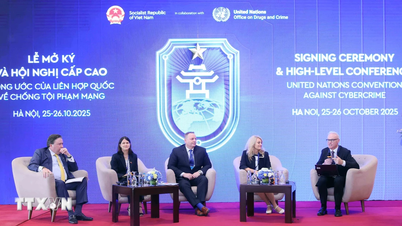








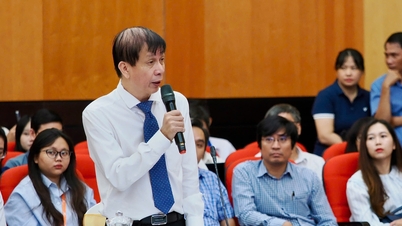




![[Photo] General Secretary To Lam meets with General Secretary and President of Laos Thongloun Sisoulith](https://vphoto.vietnam.vn/thumb/1200x675/vietnam/resource/IMAGE/2025/10/25/1761380913135_a1-bnd-4751-1374-7632-jpg.webp)


































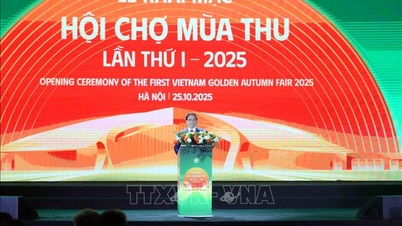

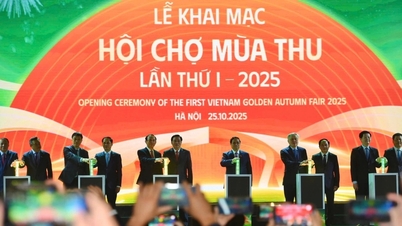







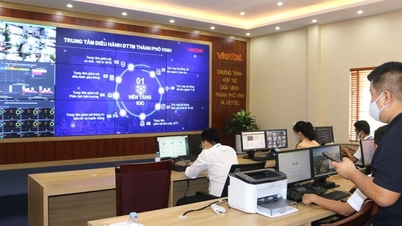

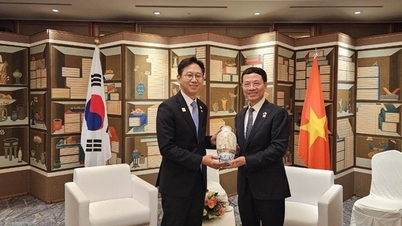
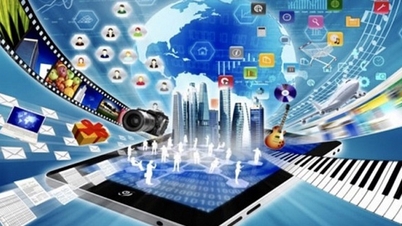
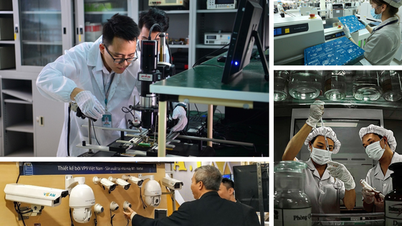
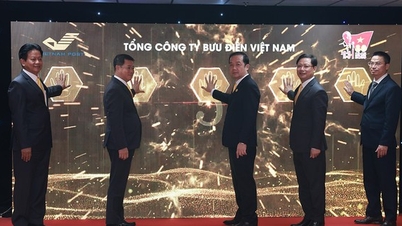
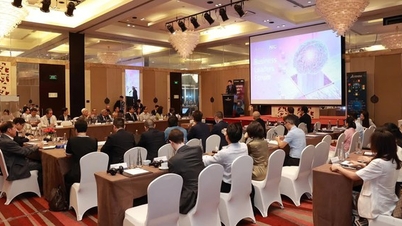





















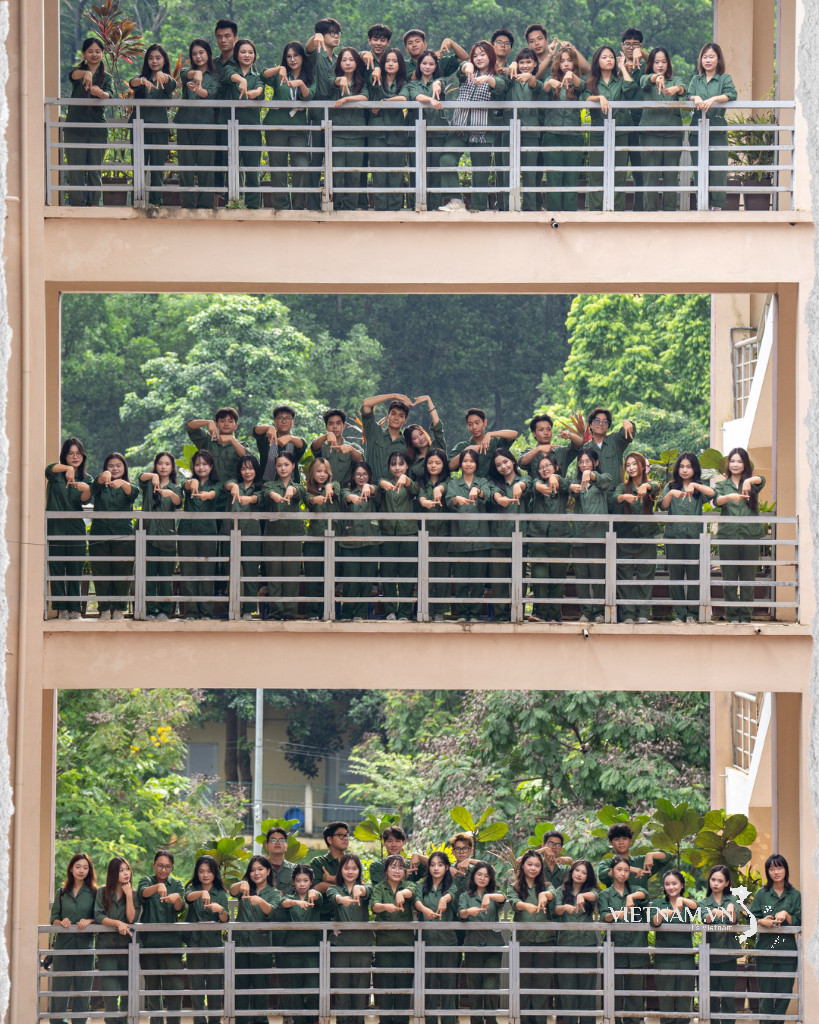



Comment (0)